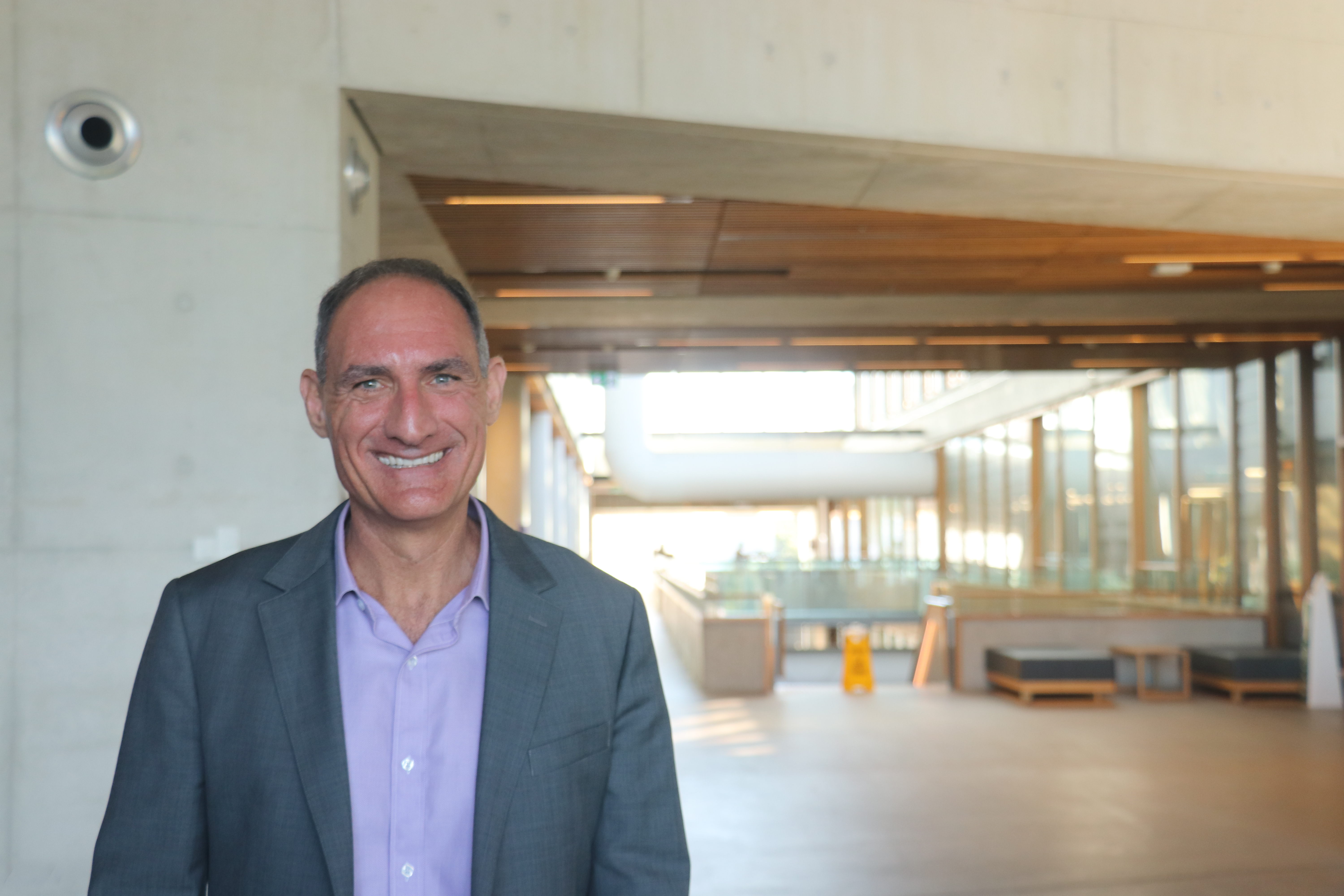
When the United States Charge d’Affaires, Michael Goldman, visited UQ in late March to speak with Academics it came just days after the university’s top leadership fronted a parliamentary inquiry into national security risks in the higher education and research sector.
The Acting Ambassador is no stranger to universities, before joining the US State Department Goldman taught political science at the University of California Berkeley.
In an interview following his meeting with academics the Acting Ambassador was asked about whether he believed that foreign governments were targeting Australian Universities.
Though cautious to avoid delving into Australia’s domestic politics, Goldman did say that in his opinion these matters are being handled appropriately by governments on a state and federal level.
“I’m a guest in your country and I don’t want to delve too deeply what’s being handled, quite appropriately at the federal level and also vigorously at the state level,” Goldman said.
He went on to say that fostering freedom of debate and speech as well as academic freedom should be a priority for universities.
“Universities are the proper location for vigorous exchanges of information, they’re the place where people are exploring ideas, they feel passionate about ideas, and there should be every effort made to foster academic freedom and freedom of debate and of speech.”
“Whatever side you land on, debates such like this, the default should be expanding the scope for students to debate freely and exchange information freely, rather than restricting it.”
When asked whether he believed foreign governments were targeting universities for influence or for information the Acting Ambassador was once again cautious not to delve into domestic politics.
“I think everyone’s asking the right questions, then I’ll leave it to Australians to come up with proper answers.”
“Again mindful that what you want at the end is to foster academic freedom and academic debate, without undue influences, whether it’s from outside the country, or outside the university.”
Attempts by foreign governments to influence universities isn’t a strictly Australian problem, with those in the United States having similar debates.
Goldman went on to say that universities should be free of foreign influence but not of foreign voices.
“I think the solutions here come from a free exchange of ideas through the democratic process, through a weighing of different interests, I think universities should be free of foreign interference, but not free of foreign voices.”
While the Acting Ambassador said respecting the democratic process is part of the solution when it comes to undue influence at universities, the United States has historically struggled to respect democratic processes both in the US and abroad.
“I think students’ lives are enriched by exposure to different cultures, through exchange programs, through visiting professors, this sort of thing.”
“The problem is when influence becomes clandestine or pernicious.”
“I leave it to the university officials, to the federal authorities, to the Queensland Government to decide where that line is, where exchanges with foreign academics, foreign students is beneficial, I strongly believe it is.”
The Acting Ambassador said students have a role to play when it comes to dealing with malicious foreign influence at universities.
“No, again I think that foreign involvement and foreign participation in the academic life of a university that should be something that is fostered and welcomed. It’s when it’s state directed and clandestine or pernicious that there’s a problem, and again that’s for students, faculty, administration, and the Government of Australia to adjudicate where those lines are.”
Views: 438
